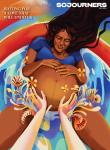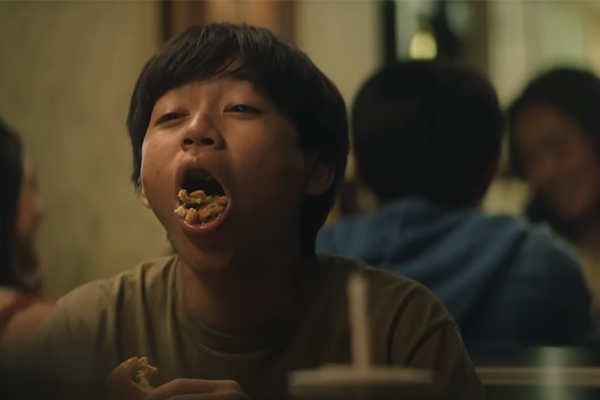THERE IS SOMETHING horrendous about the politics of being 13 — the raging hormones, the prepubescent brinkmanship; nobody knows what they’re doing, and everyone wants you to think that they do. Such is the case for Chris Wang (played by Izaac Wang), aka Wang Wang, aka Dìdi, aka Half-Asian Chris (he’s not actually half-Asian). Chris is having a bit of an identity crisis.
Director Sean Wang’s Dìdi is a love letter to adolescence rendered with painstaking specificity, a period piece set in his own childhood home of Fremont, Calif., during the era of T9 texting and AOL instant messenger.
It’s the summer before freshman year in 2008 and Chris is getting into shenanigans: skating with his friends, wondering if he should send a :) or a ;) to his crush, and generally feeling emotions nobody else could possibly understand. Plus, his mother keeps arguing with his grandmother and asking if he’s feeling sad — so annoying. And his sister, who sucks, obviously, is leaving for college, but at least she has good taste in music (or rather, she likes the same music as Chris’ crush).
There is such frenetic volatility to early adolescence. It’s the juncture where childlike faith most acutely meets the selfish mess of depravity. You want to be loved, but you’re afraid you’re unlovable. And in trying to be someone they think others will like, tweens and teens turn themselves, to put it simply, into posers.
Chris inevitably turns his frustration on his mother (Chungsing Wang, played by Joan Chen) who, despite raising the family in the predominantly Asian American city of Fremont, is embarrassingly “so Asian.” She eats her hamburger with a knife and fork and seems ashamed when a family friend brags about their son’s 4.0 GPA. Why can’t she be more chill like her son? In the ignorance of youth, Chris hasn’t realized how anxieties about belonging and being lovable can persist long past eighth grade.
There is a moment early in the film where Chris’ mom attempts to show her son a painting she’s done of a mom and her son playing together at the beach. When she suggests she might enter it into a competition, Chris is dismissive, saying, “I look stupid,” hardly averting his eyes from the YouTube video he’s watching. The look of sadness on her face is palpable, yet she still presses on, asking what he’s watching, looking for a way to connect.
Chris may be too entangled in his own angst to see the shortsightedness of his vexations or the strength of his mother’s kindness, but in rendering the film itself, director Sean Wang shows that, in the long run, such quiet care does not go unnoticed.

Got something to say about what you're reading? We value your feedback!

